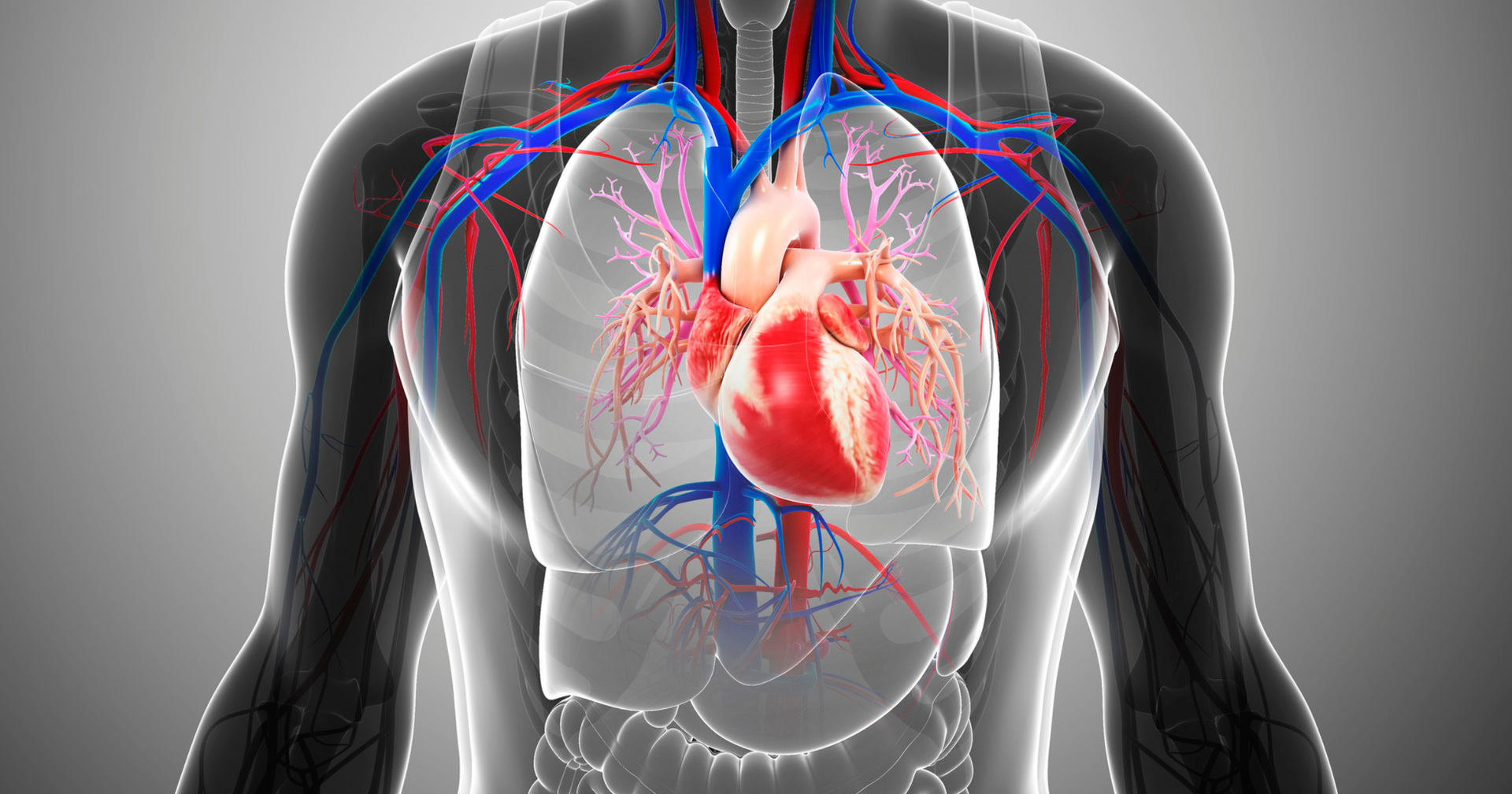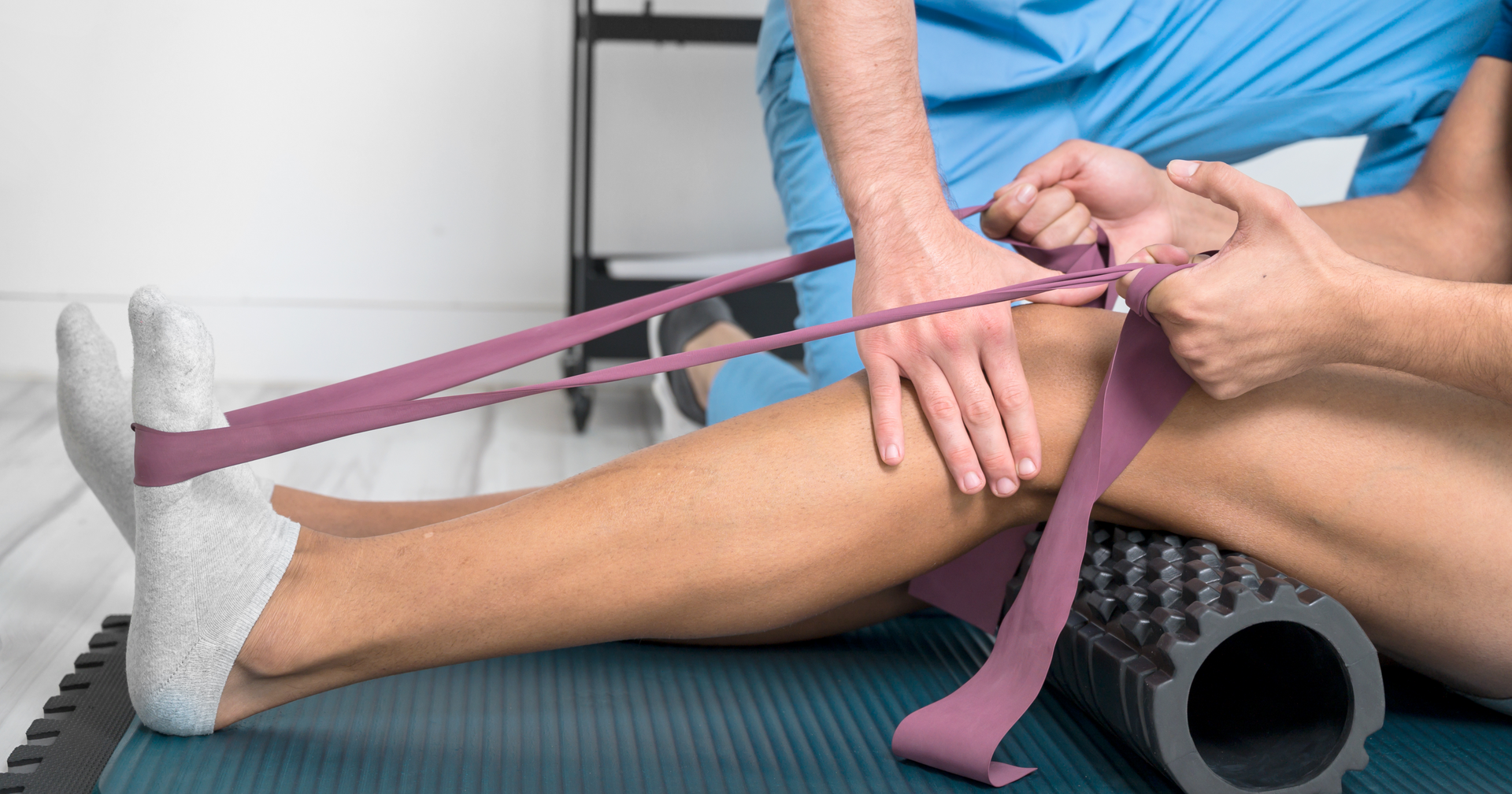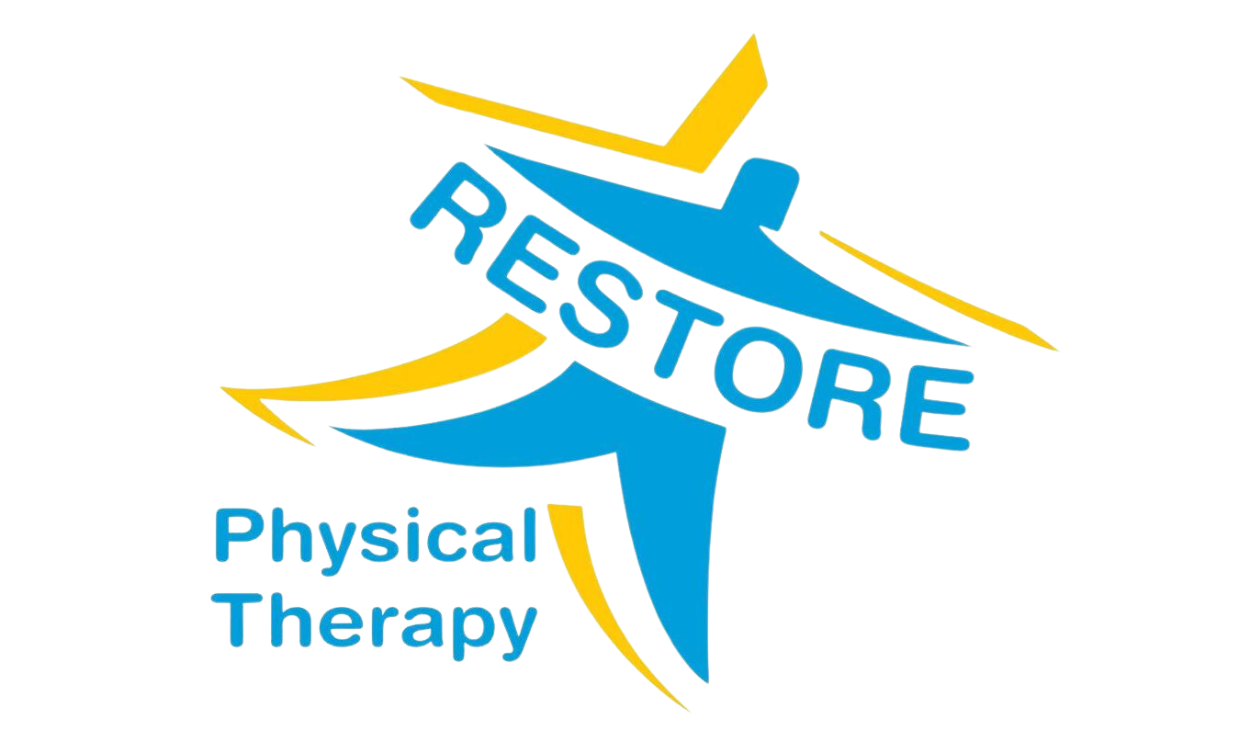The Hidden Dangers of Overtraining: Recognizing and Avoiding Burnout
Preserving Performance and Preventing Injury Through Balanced Training
Pushing your limits, striving for improvement, and chasing your fitness goals are all integral parts of an active lifestyle. However, there's a fine line between pushing yourself to excel and overtraining, which can lead to burnout and potential injury.
Understanding Overtraining Syndrome
Overtraining syndrome occurs when the volume and intensity of exercise exceed the body's ability to recover adequately. This imbalance between training and recovery can result in a cascade of negative effects on both physical and mental health, including:
- Persistent fatigue and lethargy
- Decreased performance and motivation
- Increased risk of injury and illness
- Disturbed sleep patterns
- Mood disturbances, such as irritability and depression
Recognizing the Signs of Overtraining
It's essential to listen to your body and recognize the early warning signs of overtraining to prevent burnout and injury. Some common indicators include:
- Persistent Fatigue: Feeling constantly tired, despite adequate rest and sleep.
- Decreased Performance: Experiencing a plateau or decline in athletic performance, despite consistent training efforts.
- Increased Resting Heart Rate: Monitoring changes in your resting heart rate can provide insights into your body's recovery status.
- Mood Disturbances: Experiencing mood swings, irritability, or heightened stress levels.
- Persistent Muscle Soreness: Experiencing prolonged muscle soreness that doesn't resolve with rest and recovery.
Strategies to Avoid Burnout and Overtraining
To avoid burnout and overtraining, it's essential to prioritize recovery, listen to your body, and incorporate variety into your training routine. Here are some strategies to help you maintain balance and prevent overtraining:
- Periodization: Incorporate structured periods of rest and recovery into your training plan to prevent overuse injuries and allow for physiological adaptation.
- Cross-Training: Incorporate a variety of activities and exercises into your routine to prevent overuse injuries and maintain overall fitness.
- Quality Over Quantity: Focus on the quality of your workouts rather than the quantity. Ensure adequate rest and recovery between intense training sessions.
- Nutrition and Hydration: Fuel your body with nutritious foods and stay hydrated to support optimal performance and recovery.
- Listen to Your Body: Pay attention to signs of fatigue, pain, and decreased performance, and adjust your training accordingly.
How Restore Physical Therapy Can Help
At Restore Physical Therapy, we specialize in helping athletes and fitness enthusiasts recover from injuries, prevent overuse injuries, and optimize performance. Our experienced physical therapists can:
- Conduct a comprehensive assessment to identify imbalances, weaknesses, and movement patterns that may contribute to overtraining.
- Develop personalized treatment plans to address musculoskeletal issues, improve mobility, and enhance performance.
- Provide education on proper training techniques, injury prevention strategies, and recovery modalities to help you train smarter and avoid burnout.
While pushing your limits and striving for excellence are admirable traits, it's essential to prioritize balance, recovery, and self-care to avoid burnout and overtraining. By recognizing the signs of overtraining early and incorporating strategies to support recovery, you can maintain peak performance and achieve your fitness goals safely and sustainably. At Restore Physical Therapy, we're here to support you every step of the way on your journey to optimal health and performance. Call today to schedule your appointment!









Monday - Friday: 7am - 6pm
Saturday: Closed
Sunday: Closed
All Rights Reserved | Restore Physical Therapy | Site Creds | Legal Notice


